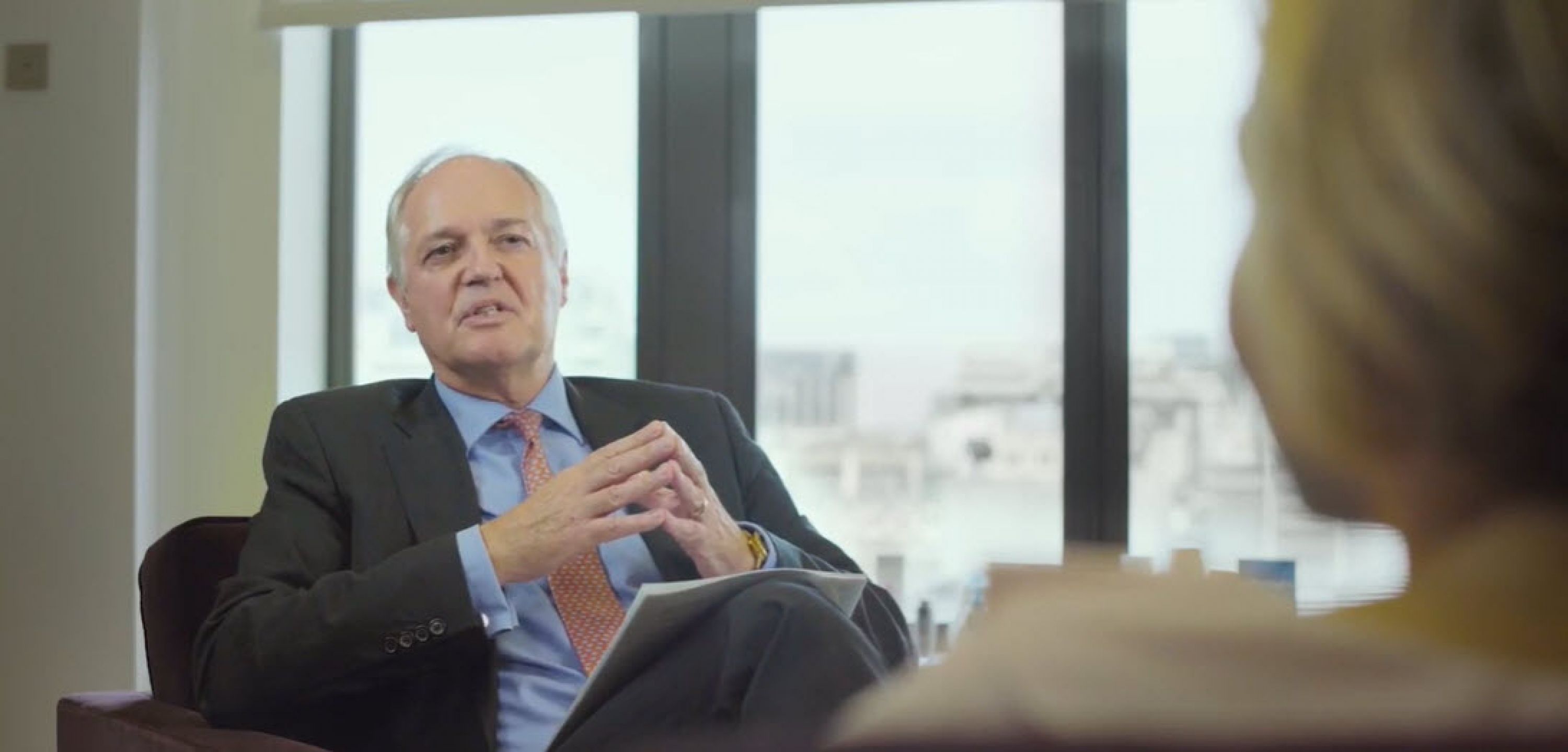Not even two decades into the new millennium, the world has faced many devastating events that have deeply affected the century’s course—terrorist attacks, hate crimes, a debilitating Great Recession, myriad stories of unethical conduct, and much more. While there have been plenty of positive occurrences as well, a lack of trust and divisiveness have marked the period, and the toll on leadership has been profound. Over most of the century, the Edelman Trust Barometer has tracked this mounting crisis in confidence, documenting record lows the last two years and an “urgent desire for change” across the world. Now, Edelman reports, people are shifting their trust to relationships they feel they can influence, above all to their employers. Pointedly, 76% of this year’s respondents agreed that CEOs should lead on societal change rather than waiting for government to impose it.
Amid these developments, a new and promising 21st century model of corporate leadership has been gaining momentum. Today we are bearing witness to a truly remarkable movement: across the world top corporate officers are increasingly assuming a mantle of public leadership — usually at the strong urging of their stakeholders — by driving purpose-directed company strategies and taking overt stands on important, sometimes divisive social issues.
Recently, Paul Polman, who just stepped down as Unilever’s CEO, sat down with our Egon Zehnder colleague Dominique Laffy to explain his take on the change. “We’ve clearly arrived at a time when companies that exclude social and environmental considerations from their operations risk losing market share and destroying shareholder value,” he said. According to Polman, the world requires drastic change to keep functioning and leaders courageous enough to steer purposely through it. “[W]e need people who are willing to go into the uncomfortable zone to drive changes, “ he explained, “Just linear changes, business as usual, or slight changes are not good enough.”
Recent examples of this bold and conscientious leadership abound. In addition to Polman, who helped lead the movement with the 2010 launch of his “sustainable living development plan,” Emmanuel Faber, CEO of Danone, is on a mission to “re-establish trust with employees, consumers, partners, civil society and governments” and is pledging to become the world’s largest certified B Corp by 2030. In the US, Levi’s CEO Chip Bergh took a stand on gun control with the Safer Tomorrow Fund; Jamie Dimon and Blackstone’s Steve Schwarzman, among many prominent others, pulled out of an investment conference in Saudi Arabia in the aftermath of the murder of a Washington Post correspondent there. The list goes on and on. In fact, of the 402 CEOs we recently spoke to in our 2018 CEO Survey, 62% said that creating value-based culture was one of their most important business objectives.
Great leadership comes from the heart, not the brain.
Paul Polman
Where did this come from? Certainly, the financial collapse and the reckless leadership that helped cause it have something to do with it. Then there have been the many other corporate scandals across the globe and, more recently, the impact of #MeToo. In part, the movement to conscientious leadership may be reactionary—the result of widespread failure and the need for big business to clean up its act.
But it’s actually more than that. Today’s CEO activism is signaling a decisive shift that is tying corporate strategy to social ends and, importantly, enhancing financial performance at the same time. In short, the change is both humane and economically sound; profit and purpose are no longer believed to be at odds.
Millennials have played a large part in driving these changes. In the Deloitte Millennial Survey 2018, 40% of those polled believe the goal of business should be to “improve society.” By creating a purpose-driven brand, organizations can attract key millennial talent that can help lead them to great future success. At Unilever, Polman told us, they have been making a concerted effort to give millennials a voice. “I’ve said many times that millennials should not only have a seat at the table, they should have the table,” he told us.

"We need people who are willing to go into the uncomfortable zone to drive change."
Industry leaders (as well as investors) are increasingly recognizing that organizations have to benefit all stakeholders: their customers, employees, shareholders, and communities and that this approach results in increased revenues, earnings, employment and shareholder value. A sense of common purpose unites the company and CEO in the pursuit of a clear, meaningful goal—it’s the all-important “WHY” behind a company’s existence.
Indeed, it seems that profit with purpose is on its way to redefining the times. In his most recent letter to CEOs in January of this year, Larry Fink, Chairman and CEO of Blackrock, who has been widely credited for accelerating this movement over the last few years, raised the bar: “Purpose is not a mere tagline or marketing campaign,“ Fink explains, “it is a company’s fundamental reason for being.” More stridently (the emphasis is his), he adds, "Profits are in no way inconsistent with purpose—in fact, profits and purpose are inextricably linked."
CEOs “don’t always get it right,” Fink acknowledged, “One thing, however, is certain, the world needs our leadership.” Paul Polman clearly agrees. For him, it all starts with courage–a word he reminds us that people largely forget derives from the French “coeur,” or heart. Great leadership, Polman stresses, “comes from the heart, not the brain.”
At its core, conscious capitalism or purpose-driven leadership is about recognizing our common humanity and our essential connectedness. And it is bringing much-needed responsibility and hope back to the era. Those of us who espouse these principles need to truly live up to them and back our avowals with real and lasting actions.
Volume 2 >
|




